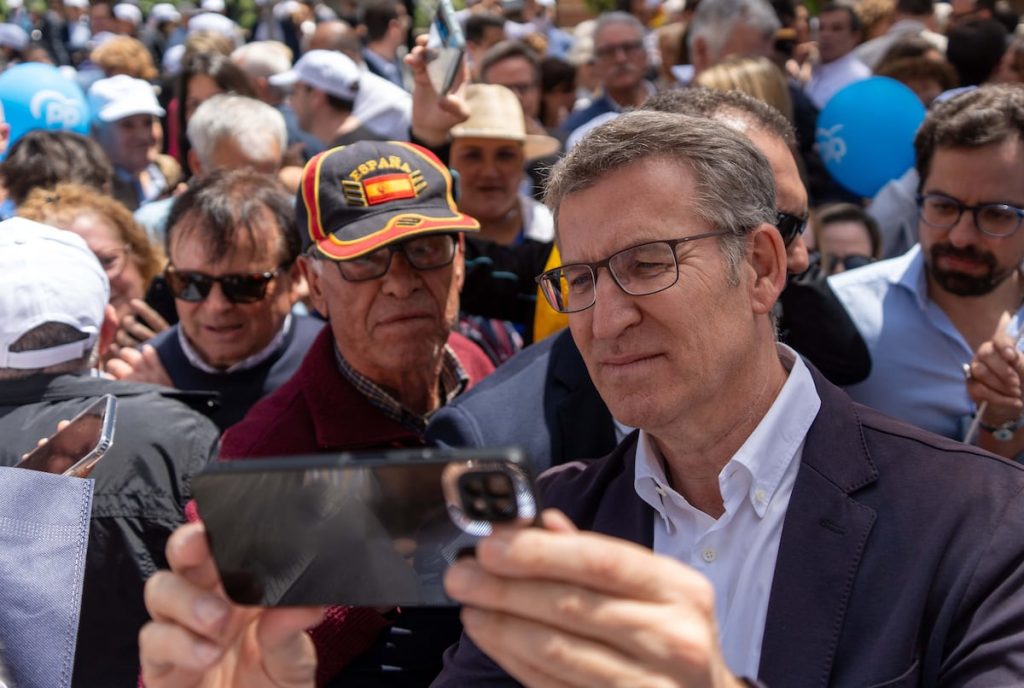This Sunday, May 5th, marked one week before the elections in Catalonia, and the candidates for the presidency of the Generalitat were busy with various events. In Tarragona, the Vice President of the Government and leader of Sumar, Yolanda Díaz, participated in an event with the candidate of Comuns Sumar, Jéssica Albiach, and other members of Sumar. In Salou, the President of the PP, Alberto Núñez Feijóo, attended a rally with the PP candidate for the presidency of the Generalitat, Alejandro Fernández. In Girona, the leader of the PSC and socialist candidate for the presidency of the Generalitat, Salvador Illa, was joined by former Prime Minister José Luis Rodríguez Zapatero and the head of the list for Girona, Silvia Paneque. In Cornellà, the leader of Vox, Santiago Abascal, participated in a campaign event with the Vox candidate for the Generalitat, Ignacio Garriga.
The political landscape in Catalonia is heating up as the candidates for the presidency of the Generalitat are engaging in various campaign events ahead of the upcoming elections. Each party is trying to make their case to voters and gain support for their respective agendas. With just one week left until the elections, the candidates are ramping up their efforts to reach as many voters as possible and secure a victory on election day.
In Tarragona, Yolanda Díaz of Sumar joined forces with other party members to campaign for their candidate in the upcoming elections. In Salou, Alberto Núñez Feijóo of the PP gave a speech in support of his party’s candidate for the presidency of the Generalitat. In Girona, Salvador Illa of the PSC rallied alongside former Prime Minister José Luis Rodríguez Zapatero and other party members. In Cornellà, Santiago Abascal of Vox was campaigning with the Vox candidate for the Generalitat, Ignacio Garriga. Each candidate is working hard to connect with voters and gain their support in the final stretch of the campaign.
The political climate in Catalonia is complex and divided, with various parties vying for power and influence in the region. Each candidate has their own vision and platform for the future of Catalonia, and they are working tirelessly to communicate that to voters and persuade them to vote for their party. The upcoming elections will be crucial in determining the direction of the region and the policies that will be implemented in the coming years.
As election day approaches, the candidates are making their final push to win over undecided voters and solidify their support among their base. The events and rallies taking place across Catalonia are an opportunity for voters to hear directly from the candidates and make an informed decision about who they want to lead the region. The outcome of the elections will have far-reaching implications for Catalonia and its future trajectory, making it a crucial moment in the region’s political history.















